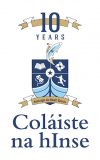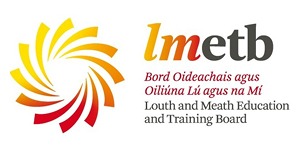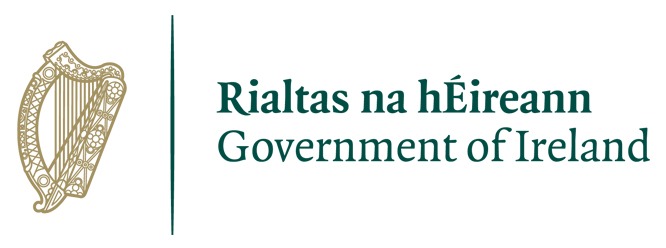Junior Cycle
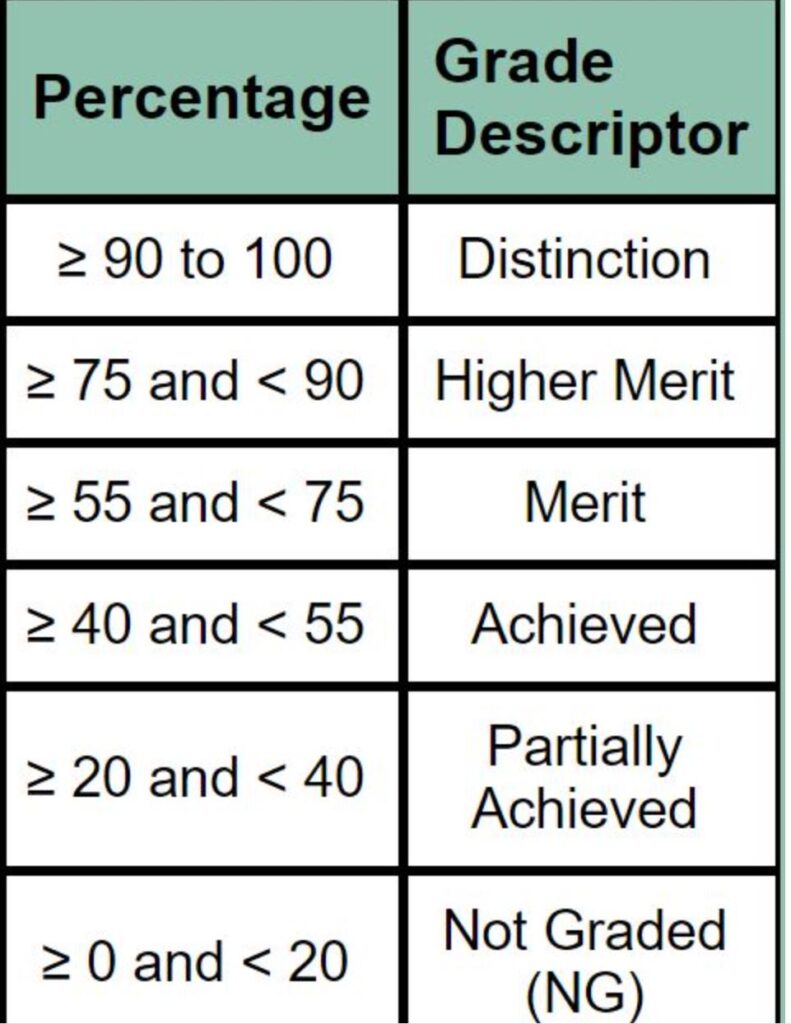
How student achievement at Junior Cycle will be assessed
The most significant change in the new Junior Cycle is in the area of assessment. A dual approach to assessment, involving classroom-based assessment across the three years and a final externally-assessed, state-certified examination can enable the appropriate balance between preparing students for examinations and facilitating creative thinking, engaged learning and better outcomes for students. From Autumn 2017, junior cycle students will receive a new Junior Cycle Profile of Achievement (JCPA). The JCPA will reflect a much wider range of your child’s achievements over the three years of junior cycle. The JCPA will report on a number of areas, including:
- Subjects (State Examination and Assessment Task)
- Classroom Based Assessments
- Short courses
- Other Learning Experiences
Subjects
Schools will be able to choose from a total of 21 differentsubjects for inclusion on their junior cycle programme. All subjects are being revised and each one will have its own specification replacing what was previously known as a syllabus. Each specification describes the learning that takes place as part of the student’s study of a subject in junior cycle. By 2019 all new subject specifications will have been introduced. Students can study a maximum of 10 subjects for the JCPA, and if their school offers short courses they can study 9 subjects plus 2 short courses or 8 subjects plus 4 short courses for certification purposes. The state examination that students sit in their subject at the end of their junior cycle will also be graded differently.
Instead of A, B, C, D, E, F and NG the following descriptors will now be used:
Distinction 90 to 100%
Higher Merit 75 to 89%
Merit 55 to 74%
Achieved 40 to 54%
Partially Achieved 20 to 39%
(not graded) 0 to 19%
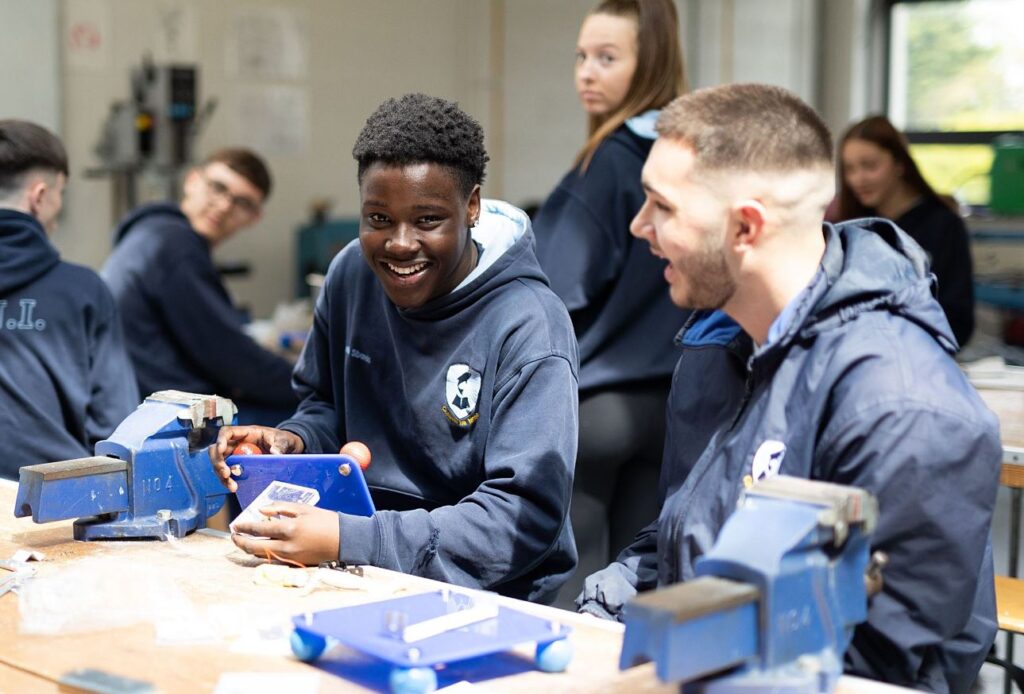
Classroom Based Assessments
Classroom Based Assessments (CBAs) provide students with opportunities to demonstrate their learning and skills in ways not possible in a pen and paper examination, for example, their verbal communication and investigation skills. CBAs will be undertaken in subjects and short courses and will be facilitated by the classroom teacher.
CBAs will be undertaken during a defined time period within normal class contact time and to a national timetable. Students will complete one CBA in second year and one in third year in most subjects. CBAs will be reported on in the JCPA using the following descriptors:-
- Exceptional
- Above Expectations
- In Line with Expectations
- Yet to Meet Expectations
Once the second Classroom-Based Assessment (CBA) is completed, students in third year will complete a written Assessment Task on what they have learned and the skills and competences that they have developed in that assessment. This task, set by the National Council for Curriculum and Assessment (NCCA), is undertaken during normal class time and will be sent to the State Examinations Commission (SEC) for marking. This Assessment Task will account for 10% of the overall mark for the final examination. Specific arrangements are made for Visual Art, Music, Home Economics and the Technology subjects. At the end of third year, students will sit the final SEC examination in June, which will account for 90% of the SEC grade.
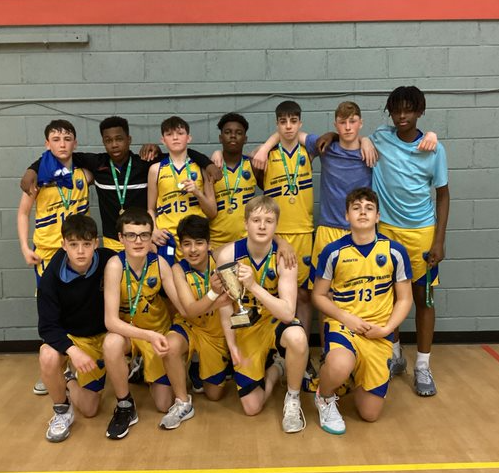
Short Courses
Schools may offer short courses on their junior cycle programme. A short course is designed for approximately 100 hours of student engagement across two or three years of the junior cycle. Short courses have been made available by the NCCA in Coding, Chinese Language and Culture, Digital Media Literacy, Artistic Performance, Philosophy, Civic, Social and Political Education, Physical Education and Social Personal and Health Education. Schools may also develop their own short courses to meet their students’ needs.
Other Learning Experiences
Students will have the opportunity to engage with a range of other learning experiences as part of their junior cycle programme and these can be recorded on the JCPA. Other learning experiences play a critical role in ensuring that students are provided with a broad and balanced educational experience. These learning experiences could include student engagement in a science fair, a musical performance or a debating competition.
They could also include extracurricular activities, such as:
- membership of the school student council or school clubs and societies
- participation in school sporting activities



